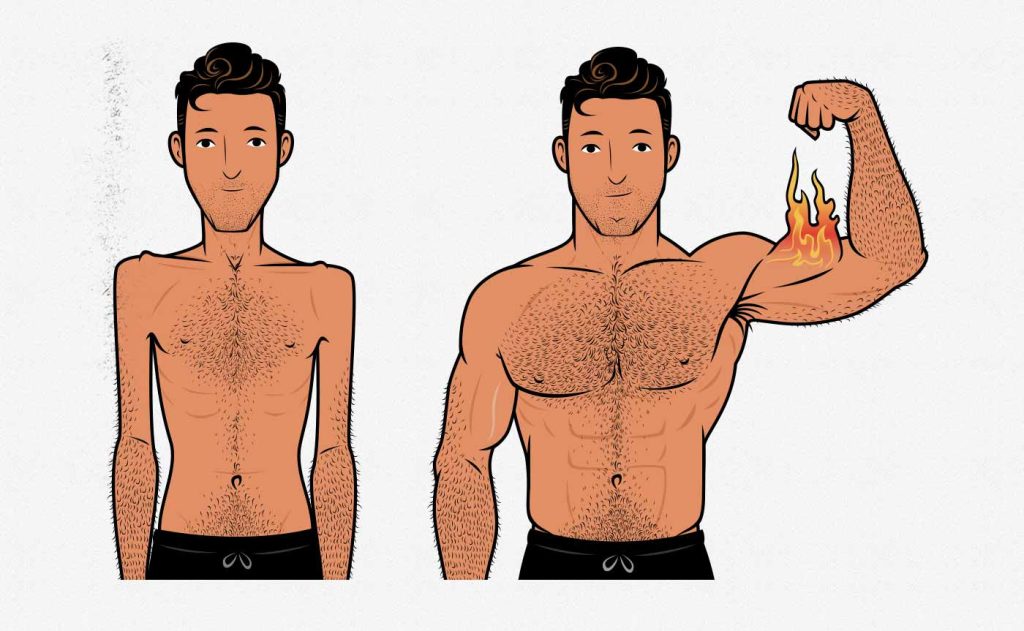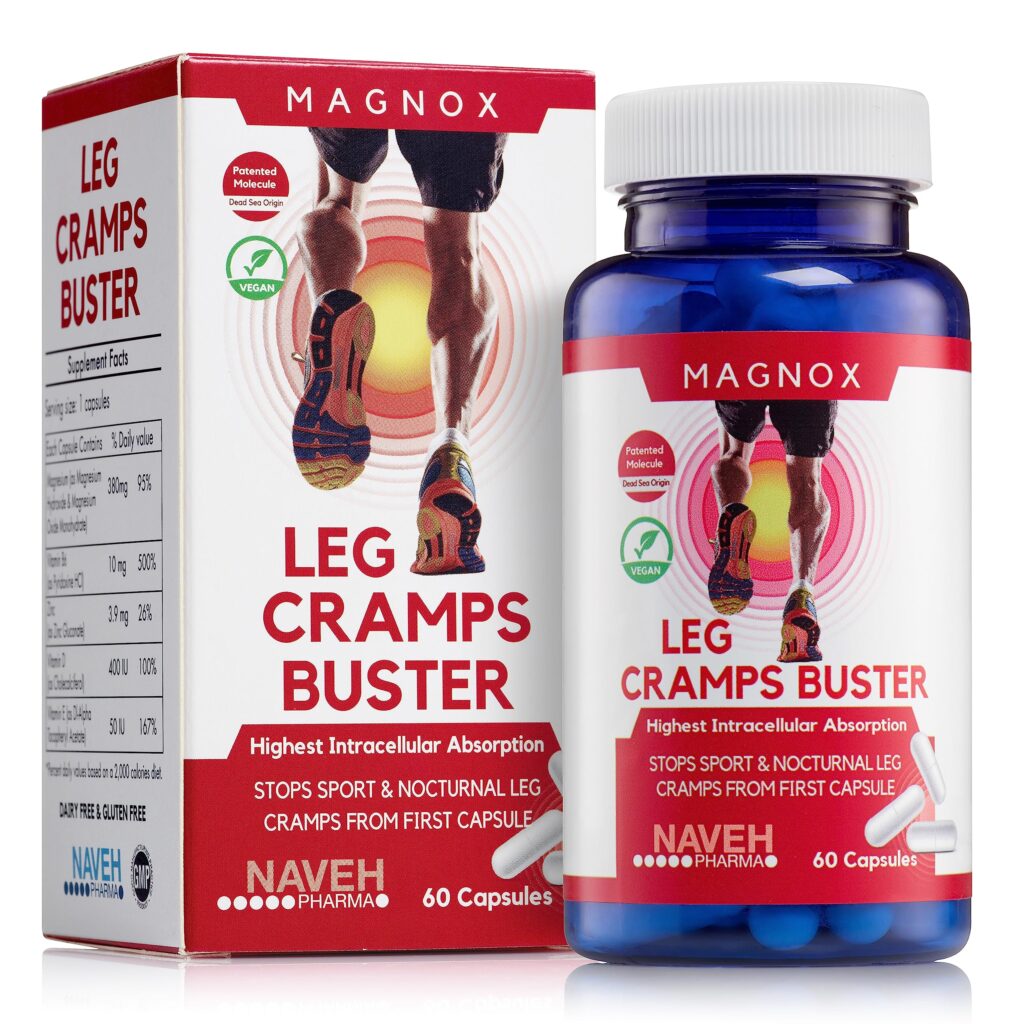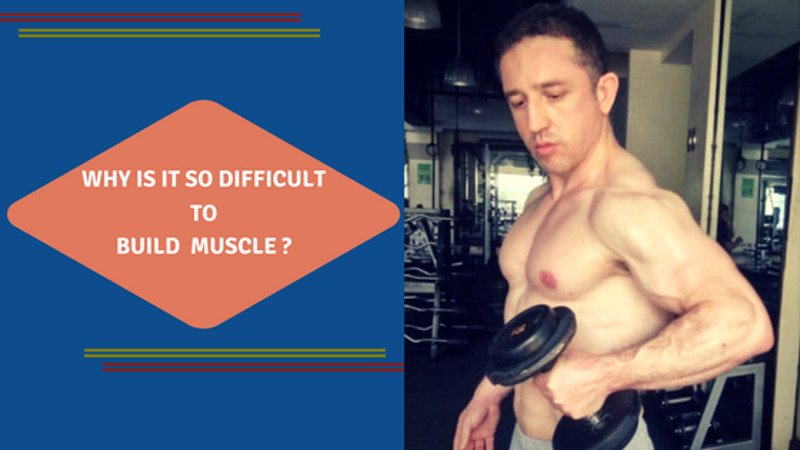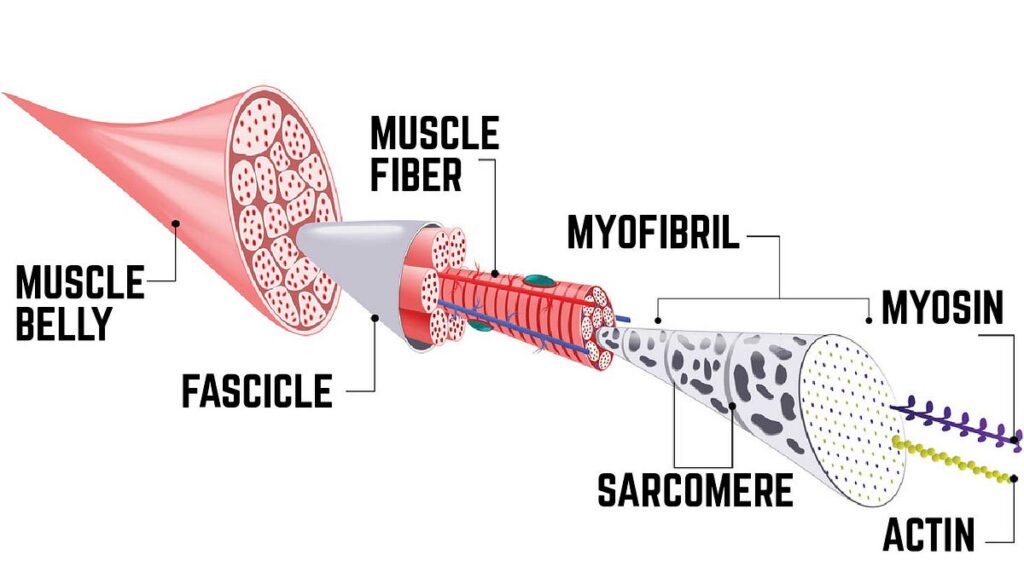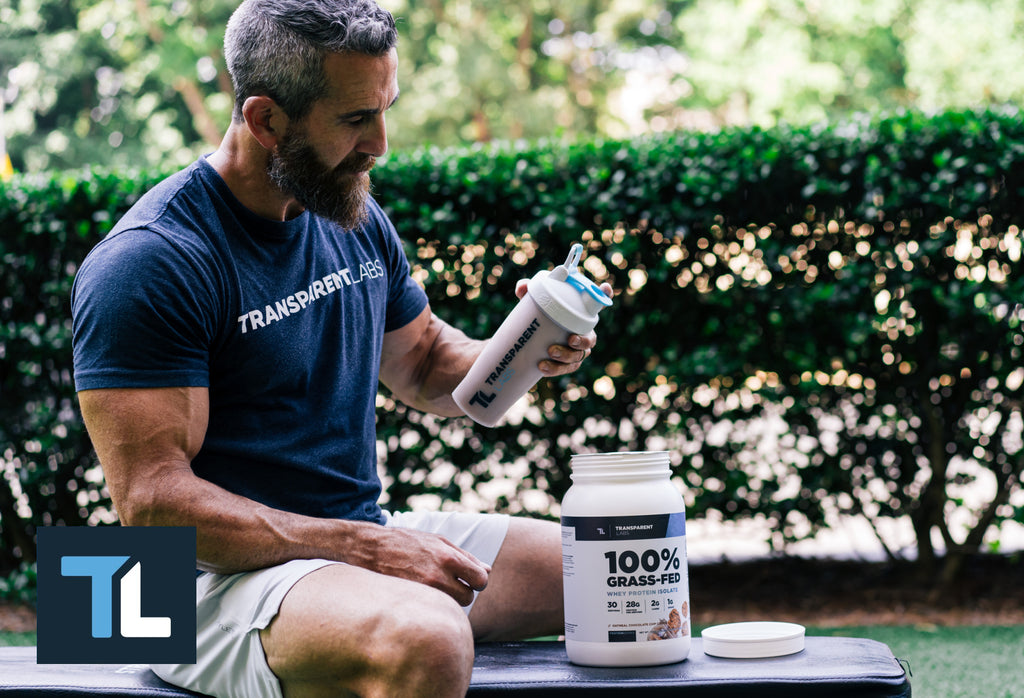You might be unable to build muscle due to inadequate nutrition or improper workout routines. Consistency and rest are also crucial factors.
Building muscle can be challenging for many individuals. Several factors contribute to muscle growth, including a balanced diet, effective workout routines, and adequate rest. Without proper nutrition, your body lacks the essential nutrients needed for muscle repair and growth. An effective workout routine should combine strength training and progressive overload to stimulate muscle fibers.
Consistency is key; irregular workouts won’t yield the desired results. Rest is equally important, as muscles need time to recover and grow stronger. Addressing these areas can help you overcome the hurdles in your muscle-building journey.

Credit: m.facebook.com
Insufficient Protein Intake
Protein is essential for muscle growth. Good sources include chicken, fish, and eggs. Nuts and beans also provide protein. Eating a balanced diet helps in muscle building. Avoiding junk food can benefit muscle growth. High protein snacks like Greek yogurt can help too.
Adults need about 0.8 grams of protein per kilogram of body weight. For muscle building, aim for 1.2 to 1.7 grams per kilogram. Consuming protein with every meal is beneficial. Spreading protein intake throughout the day helps better absorption.
Lack Of Consistent Training
Building muscle needs a consistent training routine. Skipping workouts can slow your progress. Your muscles need regular stress to grow. Consistency helps in muscle memory and strength. Regular exercise also helps in better recovery. Make a workout plan and stick to it. A routine helps in tracking progress. It also keeps you motivated.
Many people make common mistakes in training. Overtraining can lead to injuries. Undertraining will not give desired results. Not having a balanced diet affects muscle growth. Lack of sleep can slow down recovery. Poor form during exercises can cause harm. Focus on the right techniques. Avoid these pitfalls for better muscle building.
Inadequate Rest And Recovery
Good sleep is crucial for muscle growth. Muscles repair during sleep. Poor sleep hinders this process. Aim for at least 7-9 hours of sleep. Quality sleep helps in muscle recovery. Avoid screens before bedtime. Create a relaxing bedtime routine. Good sleep boosts overall health.
Rest days are essential. Muscles need time to recover. Overworking muscles can lead to injury. Schedule regular rest days. Listen to your body. If sore, take an extra rest day. Rest helps muscles grow stronger. Balance workout days with rest days.
Poor Workout Form
Many people lift weights with poor form. This can lead to injuries. It also reduces muscle growth. Rushing through exercises is a big mistake. Skipping warm-ups is another error. Using too much weight is harmful. This makes it hard to control the movements. Not breathing properly is a common issue. Holding your breath can cause dizziness.
Focus on proper technique. Start with lighter weights. Gradually increase them. Always do a proper warm-up. This prepares your muscles. Perform exercises slowly and with control. This ensures you target the right muscles. Breathe in while lifting. Breathe out while lowering the weight. Watch yourself in a mirror. This helps maintain correct form. Ask a trainer for advice. They can provide useful tips.
Hormonal Imbalances
Thyroid problems can stop muscle growth. The thyroid makes hormones that control metabolism. If the thyroid makes too little hormone, metabolism slows down. This can lead to fatigue and muscle weakness. Too much thyroid hormone speeds up metabolism. This can cause weight loss and muscle loss. Both conditions can stop muscle growth.
Low testosterone can make it hard to gain muscle. Testosterone helps build muscle. Men and women need this hormone. Low levels can lead to muscle loss and fatigue. Some symptoms are low energy, mood changes, and weight gain. A doctor can check testosterone levels.

Credit: www.muscleandstrength.com
Nutrient Deficiencies
Muscles need vitamins to grow. Vitamin D helps with muscle strength. Vitamin C supports tissue repair. Lack of Vitamin B12 can cause muscle weakness. Vitamins are crucial for energy production. Your body can’t build muscle without them.
Minerals are essential too. Magnesium helps with muscle contractions. Zinc supports muscle recovery. Iron carries oxygen to your muscles. A lack of these minerals can slow muscle growth. Make sure to eat foods rich in these nutrients.
Overtraining Syndrome
Muscles feel sore all the time. Energy levels drop quickly. Sleep becomes poor and restless. Feeling more irritable and stressed. Performance in the gym declines. Recovery takes much longer than usual.
Take rest days regularly. Ensure proper sleep each night. Eat a balanced diet with enough protein. Stay hydrated throughout the day. Listen to your body and avoid pushing too hard. Mix up workout routines to prevent burnout.
Mental And Emotional Barriers
Stress can prevent muscle growth. It releases cortisol, a hormone that breaks down muscle. High stress levels can also lead to poor sleep. Poor sleep means less muscle recovery. Stress can make you skip workouts. Skipping workouts means no muscle gains. It’s important to manage stress effectively.
Set small, achievable goals. Celebrate each success. Find a workout buddy. A buddy can keep you motivated. Track your progress with a journal. Seeing improvement can boost motivation. Listen to music while working out. Music can make exercise more fun. Always remind yourself of your goals.
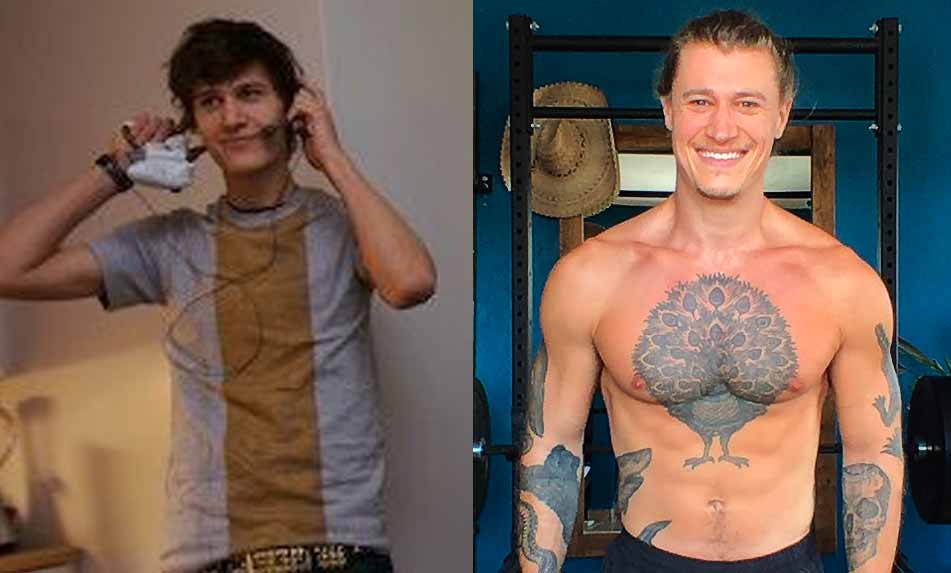
Credit: bonytobeastly.com
Frequently Asked Questions
Why Can’t I Gain Muscle Despite Working Out?
You might not be eating enough protein or calories. Poor sleep and insufficient rest can also hinder muscle growth. Focus on compound exercises.
How Does Sleep Affect Muscle Growth?
Sleep is crucial for muscle recovery and growth. Lack of sleep can lead to hormonal imbalances. Aim for 7-9 hours per night.
Why Is My Muscle Growth Slow?
Slow muscle growth can be due to inconsistent workouts. Also, improper nutrition and not progressively increasing weights can be factors.
Can Stress Impact Muscle Building?
Yes, stress increases cortisol levels, which can hinder muscle growth. Manage stress through relaxation techniques and proper rest.
Conclusion
Building muscle can be challenging, but understanding the key factors helps. Evaluate your diet, workout routine, and rest periods. Make necessary adjustments for better results. Consistency and patience are crucial. Stay committed, and you’ll see progress over time. Remember, everyone’s body is different; find what works best for you.
Keep pushing forward!

